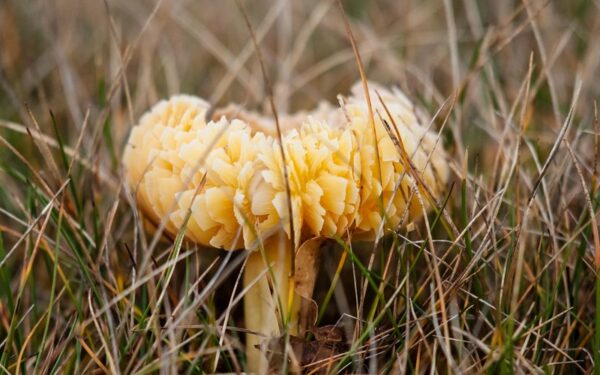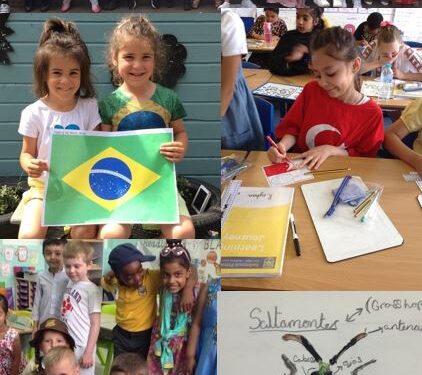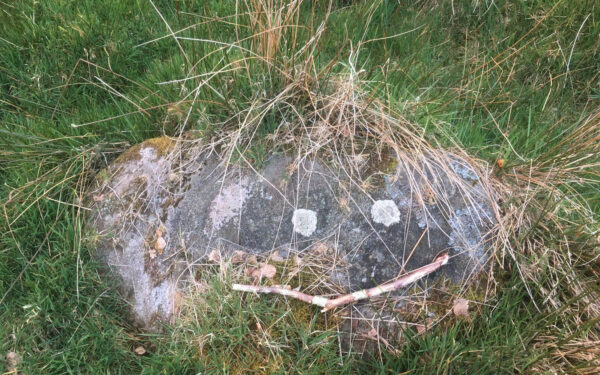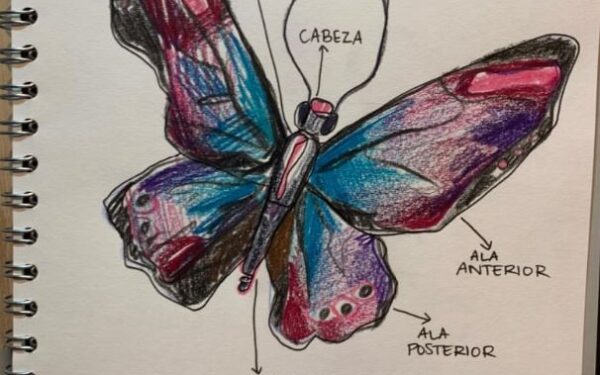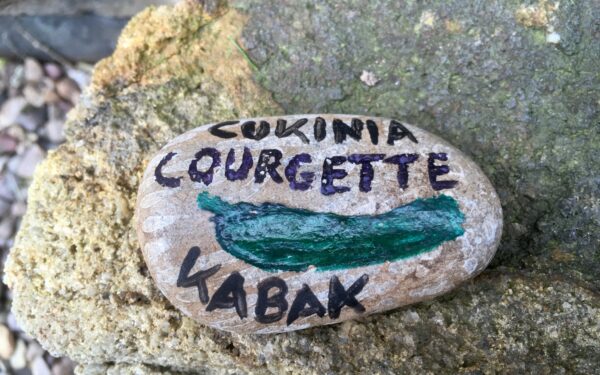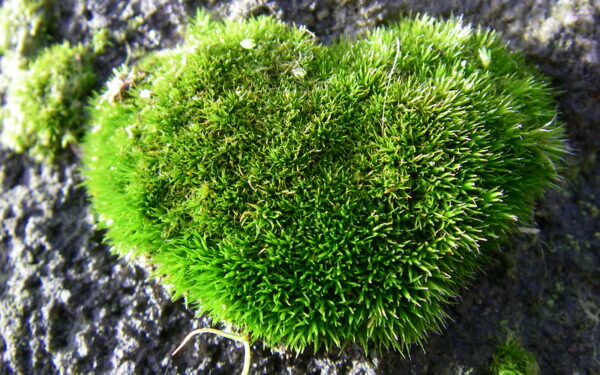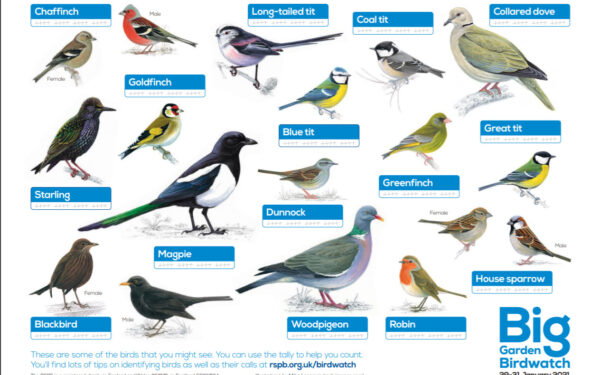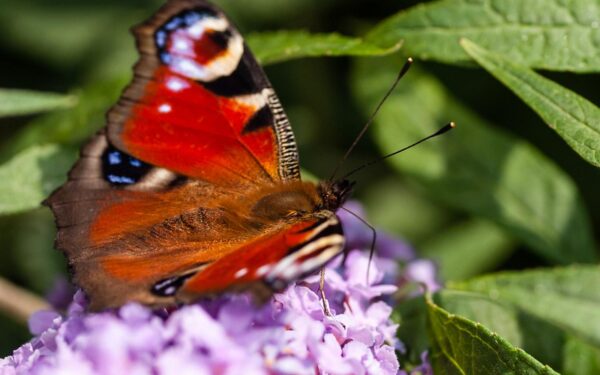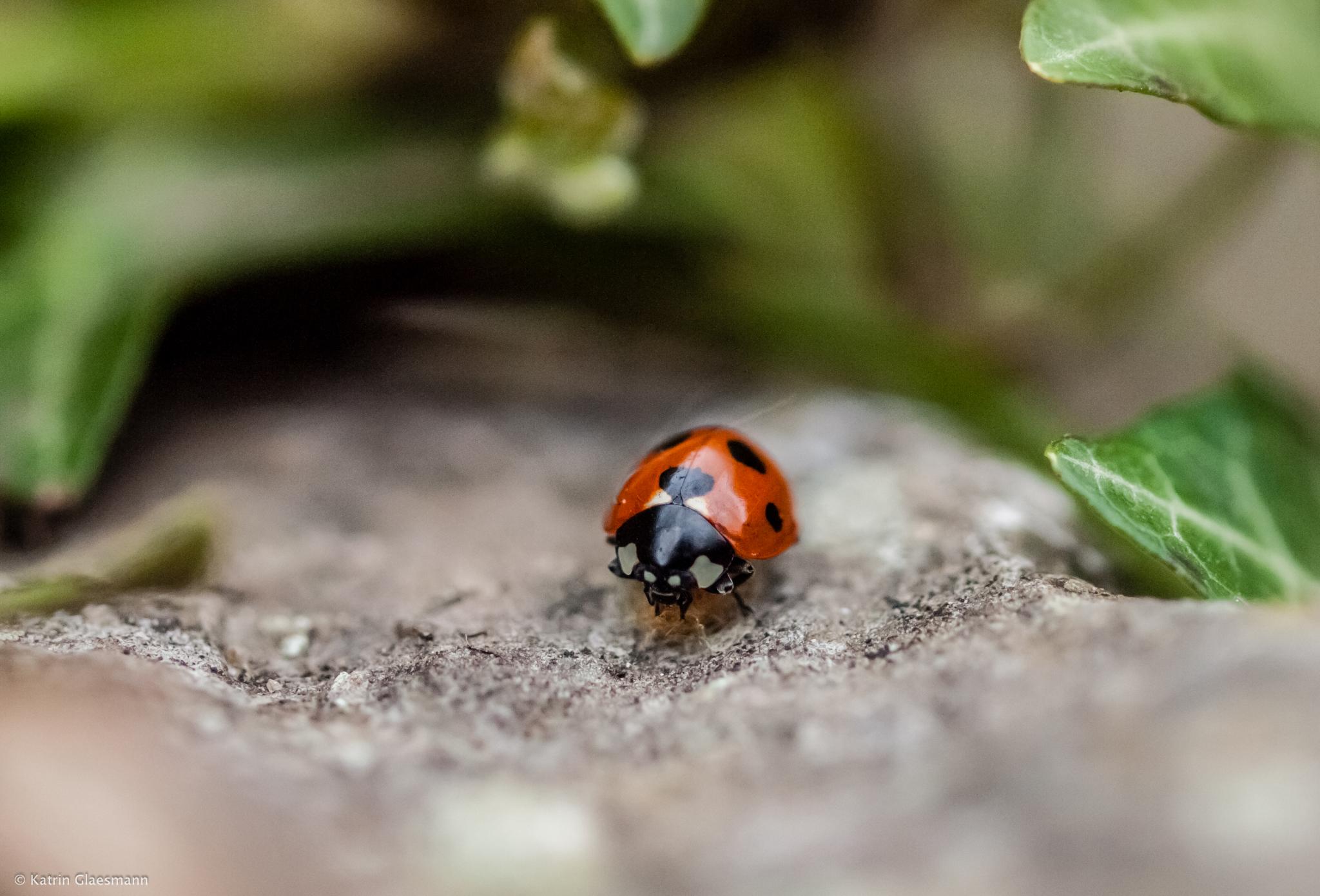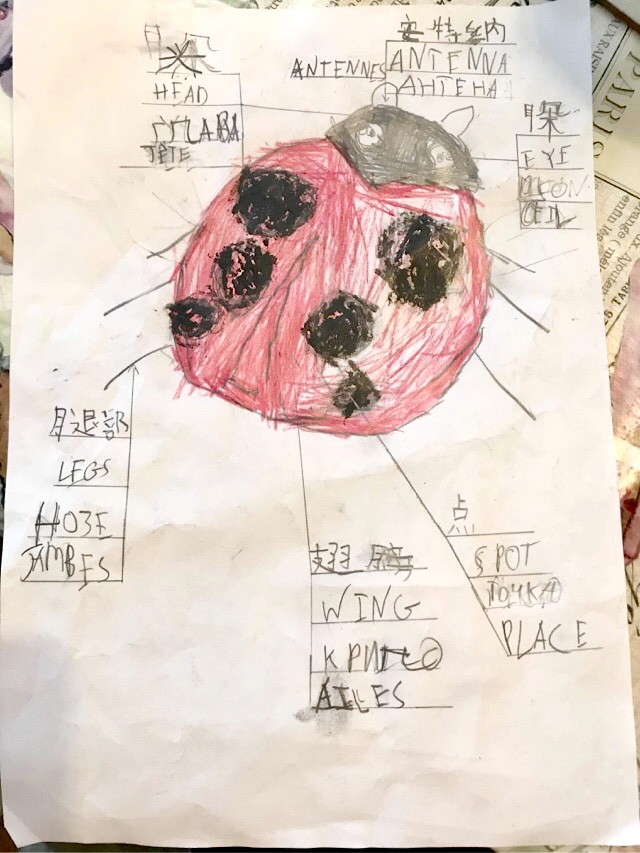From October 31st to November 12th, the 26th United Nations Climate Change Conference is taking place in Glasgow. To celebrate COP26, we have put together a “Calendar of Events”: for each day of COP26, we are focusing on one specific activity. Some are aimed simply at valuing and appreciating nature, while others are more directly linked to activism and driving change at local level.
Read MoreAutumn Scavenger Hunt
Our multilingual scavenger hunts have been one of the most favourite activities, and this autumn version completes the set. With lots of opportunities to explore the outdoors, this is the perfect activity to get children to use all their languages to explore nature around them.
Read MoreSellincourt Primary “Feature School”
Sellincourt Primary School is located in London and its student population reflects the incredible diversity without our capital city. We know that acknowledging and incorporating pupils’ home languages into their formal learning has positive effects not just on language development and learning in general, but also on important aspects of well-being such as integration and belonging. We were delighted to see how Sellincourt Primary utilised Lost Wor(l)ds activities to celebrate the diversity amongst their pupils. The X form entry school dedicated an entire day in June, to celebrating the connection between language, cultural identity and nature with ‘International Languages Day’.
Read More30 Days Wild – Multilingual
Every year in June, The Wildlife Trusts run the 30 Days Wild challenge – a challenge to do an activity linked to nature, every day, for the whole month. When we recently met up with our local Wildlife Trust (Sheffield and Rotherham Wildlife Trust), we suggested the idea of putting together a multilingual version of 30 Days Wild, suitable both for children growing up multilingual, and for those learning another language at school.
Read MoreSpring Scavenger Hunt
Our Winter Scavenger Hunt has been our most downloaded activity so far, so we hope that our spring version will be equally useful. With lots of opportunities to identify plants and birds, this is the perfect activity to get children outdoors, and use all their languages to explore nature around them.
Read MoreNature Egg / Star Hunt
Teach children to enjoy nature without disturbing it, while also enabling them to explore colours in nature and in their home languages. Although timed for Easter, we are sharing two sets of worksheets – one with eggs and one with stars, to ensure the activity is suitable all year round. Children cut out the shape and use the hole as a frame to go on a colour hunt in nature, with space to write colours in home languages, and, if they can, to name some of the items they find in nature.
Read MoreLost Wor(l)ds and Secondary School
Today in the International Day of Multilingualism – the perfect day to address a question we have been hearing a lot from teachers: is Lost Wor(l)ds just for primary? Are there ways to integrate multilingualism into secondary school? The answer to the first question is a resounding “no”, and the answer to the second question is a resounding “yes”!! This blog post gives some ideas on how to adapt Lost Wor(l)ds activities for secondary school.
Read MoreA multilingual school allotment/garden
The school garden is a prime space to make multilingualism visible, get children interested in nature, healthy eating, and conservation, and to bring creativity to the learning environment. The premise is simple – encourage children to help label the plants, drawing on their language skills. This activity is so straightforward that we have not included a lesson plan as such, but below are some ideas, suitable for different age ranges and materials, for creating suitable labels – please make your own judgment regarding suitability for the children in your care. We would love to see yours, to add them to the photo gallery below!
Read MoreView from my window
The aim of this activity is to discover and report on views of nature and the surrounding environment from windows in different places, where different languages are spoken, around the world. ‘View from my window’ allows children to draw comparisons between a favourite or familiar view from a window, with one enjoyed by a friend […]
Read MoreA day in the life
‘A day in the life’ is a storytelling activity suitable for key stage 1 or 2. Children will be encouraged to think in depth about the daily habits and practices of a particular bug or small animal. The advantage of the activity is that the story can be built in stages and there is considerable […]
Read MoreCould your school be a Lost Wor(l)ds Feature School?
Every month, we are hoping to share schools on our blog who have used one or more of our activities, to gather examples of good practice, to showcase pupils’ language skills, and to enable schools to evidence their engagement with multilingualism in the classroom. Find out the very simple steps to become a Lost Wor(l)ds Feature School!
Read MoreWinter Scavenger Hunt
This winter scavenger hunt is suitable for home learning, giving children the chance to explore the outdoors and decide what to enter in different categories on the accompanying worksheet.
Read MoreBird Watch
If you read this activity in January, we strongly recommend that you link it to the RSPB’s wonderful annual Big Garden Birdwatch, but it can be completed any time of year.
Read MoreMinibeast Survey
This activity includes quick and easy suggestions on how to make the traditional “minibeast hunt” multilingual, taking as its starting point pupils’ knowledge of home languages, and facilitating pupils and the teacher to learn from and with each other.
Read MoreName this minibeast
This activity could easily be used as a starter for a topic on minibeasts, or as a bit of light relief, asking students to work out minibeasts based on their names in other languages.
Read MoreMinibeast Display
This activity encourages children to focus on one individual minibeast, exploring its biological features, and creating a piece of artwork, working with a variety of media.
Read More
